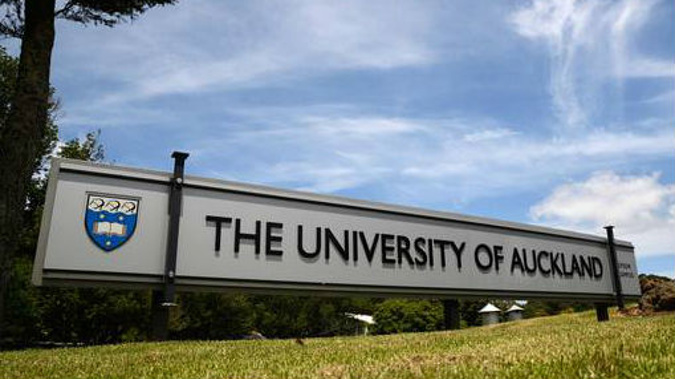
The Listener Seven controversy has resurfaced again — after a debate on mātauranga Māori promised by University of Auckland Vice-Chancellor Professor Dawn Freshwater has failed to eventuate.
The initial controversy erupted in July 2021 when seven academics wrote an open letter in The Listener, challenging a Government NCEA working group proposal to include mātauranga Māori in science.
The seven academics — Kendall Clements, Garth Cooper, Michael Corballis, Doug Elliffe, Robert Nola, Elizabeth Rata and John Werry, disagreed with the report’s view that science has been used to support Eurocentric views including colonialism and suppress mātauranga, and the idea that science is a Western European invention and dominates Māori and other indigenous peoples.
They argued that science was universal in human origins with roots in ancient Egypt, Mesopotamia, ancient Greece and India, with the Muslim world’s contributions to mathematics, physics and astronomy, and neutral to tackling major global scientific issues like biodiversity, climate change and Covid-19.
They also argued that placing indigenous knowledge on the same level of science would patronise and fail those populations.
The Royal Society Te Apārangi launched an investigation into two of the co-authors in November that year after five anonymous complaints, which was criticised over its attack on freedom of speech, but it was dropped in March 2022 after they found no evidence to go through with the Complaints Determination Committee.
In December 2021, the Vice Chancellor of the University of Auckland, Professor Freshwater issued a statement in which she stated, “The debate that initially started as about the relationship between mātauranga Māori and science in the secondary school curriculum in Aotearoa New Zealand has intensified and extended over recent weeks, with a number of overseas commentators adding their opinions."
"Unfortunately, the debate has descended into personal attacks, entrenched positions and deliberate misrepresentations of other people’s views, including my own. This important and topical debate deserves better than that."
"I am calling for a return to a more respectful, open-minded, fact-based exchange of views on the relationship between mātauranga Māori and science, and I am committing the University to action on this."
"In the first quarter of 2022 we will be holding a symposium in which the different viewpoints on this issue can be discussed and debated calmly, constructively and respectfully. I envisage a high-quality intellectual discourse with representation from all viewpoints: mātauranga Māori, science, the humanities, Pacific knowledge systems and others."
"I recognise it is a challenging and confronting debate, but one I believe a robust democratic society like ours is well placed to have."
"In this commitment to action, I acknowledge the University of Auckland’s particular responsibilities in this debate as a custodian of academic freedom and free speech. Seven of our academics wrote the letter in good faith to The Listener in July 2021 that sparked the debate in the first place, and many of our academic experts have contributed to the discussion since then.”
However, it has emerged that two years later, rather than the promised symposium, the University’s Faculty of Science has instead invited staff to participate in the Mātauranga Engagement Programme, which educates staff on how Māori has been expressed, understood and incorporated into science by leading scholars.
An anonymous complaint from a union member to the Free Speech Union noted that while it gives an “opportunity for listening, learning, dialogue, asking questions and testing assumptions” – the invitation is “not a space for debating or invalidating the position of mātauranga in Science”.
In a letter to Vice-Chancellor Professor Dawn Freshwater, Free Speech Union chief executive Jonathan Ayling said they applaud the ability to discuss mātauranga, but the explicit statement that it was not to be a space for debating or invalidating its role in science is contradictory.
The Free Speech Union fears as a result of the contradictions, dialogue will become monologue and present orthodoxies which academics are expected to uphold without question.
“A university is not a place where only views within a narrow band of acceptability should be aired. This very fact is enshrined in law. It would be a farce for any university initiative to billet itself as fostering “dialogue, questions or testing assumptions” while also prohibiting participants from engaging in debate about the ideas.”
The Free Speech Union is also pursuing drafting legislation across several policies including academic freedom.
Take your Radio, Podcasts and Music with you









